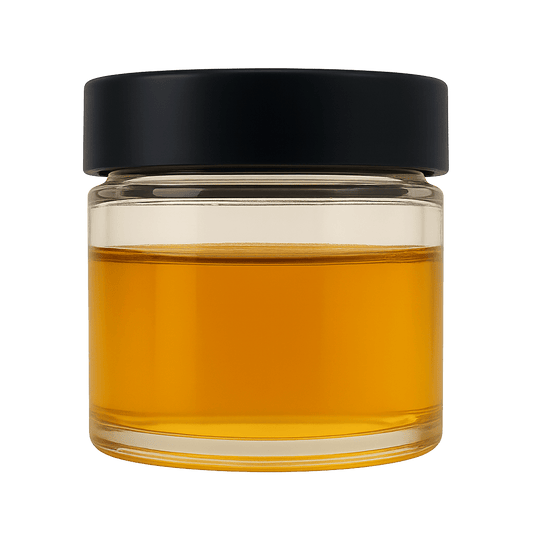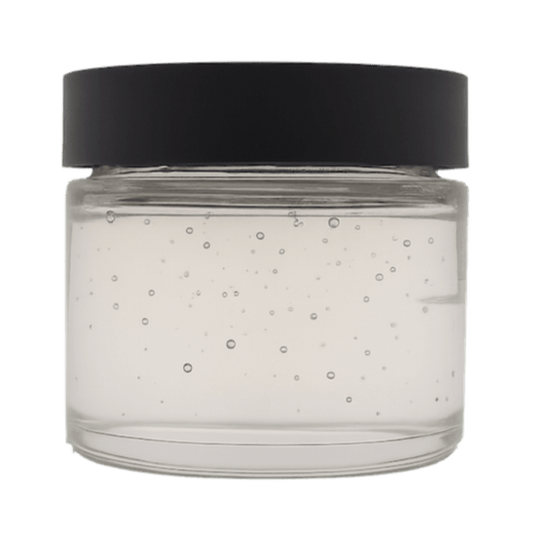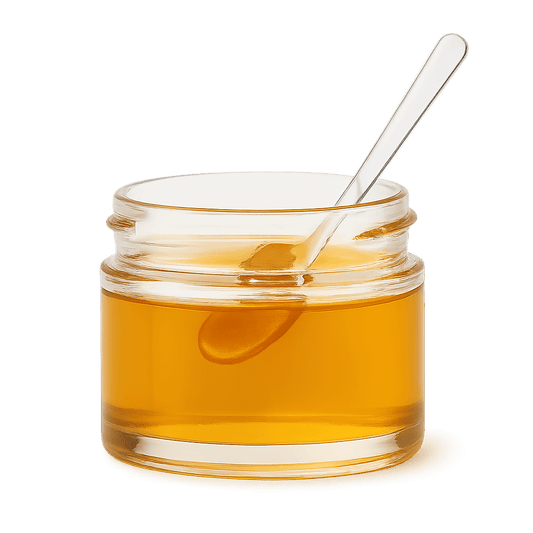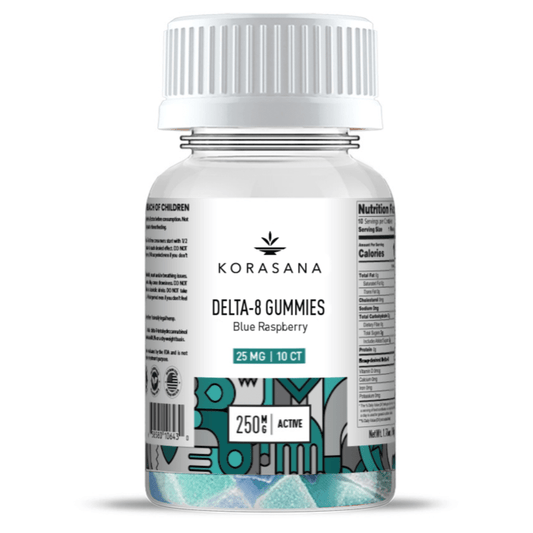Is Delta 8 THC Legal in Virginia?
YES - Delta 8 THC is Legal in Virginia
Delta 8 THC is legal in Virginia, but with specific restrictions and regulations, particularly concerning its sale and use. Since July 1, 2022, Virginia has imposed restrictions and regulations on hemp-derived Delta 8 THC in foods and beverages, making it illegal to sell any THC product intended for human consumption to anyone under the age of 21. The Virginia Department of Agriculture and Consumer Safety (VDACS) has also declared Delta 8 and other chemically synthesized compounds as illegal food adulterants, not permitted in food and beverage products.
Delta 8 products, such as tinctures, vapes, flowers, and topicals, are still legal to purchase in Virginia. These can be bought from smoke shops, convenience stores, dispensaries, and gas stations. However, the state has placed heavy restrictions on the sale of Delta 8 edibles, like cookies and gummies, due to concerns over their regulation and safety.
Despite the legal status of Delta 8 THC, it is recommended to exercise caution when purchasing these products due to the unregulated market. It is advised to buy from trusted online brands or manufacturers to ensure the quality and legality of the products. When purchasing Delta 8 THC products online, it's beneficial to look for certificates of analysis or third-party lab results to verify their safety and THC content.
Legal Status of Delta 8 in Virginia
Delta 8 THC in Virginia is regulated under specific laws and bills that outline its legal status, restrictions, and the framework within which it can be sold and consumed. The legal landscape surrounding Delta-8 in Virginia is shaped by several key pieces of legislation:
-
Amendments to §3.2-5145.5 of the Code of Virginia through HB 30: This amendment, effective from July 1, 2022, regulated hemp-derived Delta 8 in foods and beverages. It made it illegal to sell any THC product intended for human consumption to anyone under the age of 21 and introduced new packaging, labeling, and testing guidelines for all products before going to market.
-
VDACS Statement on Delta 8 and Chemically-Synthesized Compounds: The Virginia Department of Agriculture and Consumer Safety issued a statement in June 2022, asserting that Delta 8 and other chemically synthesized compounds are illegal food adulterants, not permitted in food and beverage products. This includes restrictions on selling products in packaging that mimics a trademarked brand or another famous mark and prohibits products containing industrial hemp extract or THC that depict or are in the shape of a human, animal, vehicle, or fruit under the Virginia Consumer Protection Act (VCPA).
-
SB 903 and HB 2294: Signed into law in April 2023, effective from July 1, 2023, this legislation imposes a cap of 2 mg per package for any industrial hemp product, in addition to the 0.3% Delta-9 THC limit, unless the product contains 25 times more CBD than THC. This essentially requires that any commercial Delta-8 THC product must be sold in either a medical or adult-use dispensary.
-
Federal Farm Bill 2018: While not specific to Virginia, the federal Farm Bill of 2018 plays a significant role in the legal status of Delta 8 THC nationwide by legalizing hemp-derived products with no more than 0.3% Delta-9 THC. This has led to a loophole where hemp-derived Delta 8 THC is technically legal at the federal level, although states have the authority to impose their own regulations.
CHAPTER 653
§ 3.2-4112. Definitions.
“Hemp product” means any finished product that is otherwise lawful and that contains industrial hemp, including rope, building materials, automobile parts, animal bedding, animal feed, cosmetics, oil containing an industrial hemp extract, or food or food additives for human consumption.
“Industrial hemp” means any part of the plant Cannabis sativa, including seeds thereof and any derivative, extract, cannabinoid, isomer, acid, salt, or salt of an isomer, whether growing or not, with a concentration of tetrahydrocannabinol that is no greater than that allowed by federal law
2018 Farm Bill
“Hemp” means the plant species Cannabis sativa L. and any part of that plant, including the seeds thereof and all derivatives, extracts, cannabinoids, isomers, acids, salts, and salts of isomers, whether growing or not, with a delta-9 tetrahydrocannabinol concentration of not more than 0.3 percent on a dry weight basis.
DRUG CONTROL ACT
§ 54.1-3401. (Effective until July 1, 2020) Definitions.
Marijuana” means any part of a plant of the genus Cannabis whether growing or not, its seeds, or its resin; and every compound, manufacture, salt, derivative, mixture, or preparation of such plant, its seeds, or its resin. Marijuana shall not include any oily extract containing one or more cannabinoids unless such extract contains less than 12 percent of tetrahydrocannabinol by weight, nor shall marijuana include the mature stalks of such plant, fiber produced from such stalk, or oil or cake made from the seeds of such plant, unless such stalks, fiber, oil, or cake is combined with other parts of plants of the genus Cannabis. Marijuana shall not include (i) industrial hemp, as defined in § 3.2-4112, that is possessed by a person registered pursuant to subsection A of § 3.2-4115 or his agent, or (ii) a hemp product, as defined in § 3.2-4112, containing a tetrahydrocannabinol concentration of no greater than 0.3 percent that is derived from industrial hemp, as defined in § 3.2-4112, that is grown, dealt, or processed in compliance with state or federal law.
§ 54.1-3446. Schedule I.
Tetrahydrocannabinols, except as present in (i) industrial hemp, as defined in § 3.2-4112, that is possessed by a person registered pursuant to subsection A of § 3.2-4115 or his agent; (ii) a hemp product, as defined in § 3.2-4112, containing a tetrahydrocannabinol concentration of no greater than 0.3 percent that is derived from industrial hemp, as defined in § 3.2-4112, that is grown, dealt, or processed in compliance with state or federal law; (iii) marijuana; or (iv) dronabinol in sesame oil and encapsulated in a soft gelatin capsule in a drug product approved by the U.S. Food and Drug Administration;
Delta 8 products, including tinctures, vapes, flowers, and topicals, are legal to purchase in Virginia, provided they adhere to the state's regulations, particularly concerning their THC content and the prohibition of Delta 8 in foods and beverages. Despite the legal status, the market remains largely unregulated, urging consumers to exercise caution and purchase products from reputable sources, ideally with third-party lab testing to ensure safety and compliance.
The evolving regulatory landscape around Delta 8 and cannabis derivatives in Virginia reflects a cautious approach by the state to navigate the complexities of cannabis legalization while attempting to ensure consumer safety and compliance with both state and federal laws.
The information provided on this website does not, and is not intended to, constitute legal advice or any statements regarding the status of any laws. The information, content, and materials present on this site are for general informational purposes only and should not be relied upon for any specific purpose. Laws vary across different states and are subject to change. Therefore, information on this website might not reflect the most recent legal or other developments. Read our full legal disclaimer HERE.






